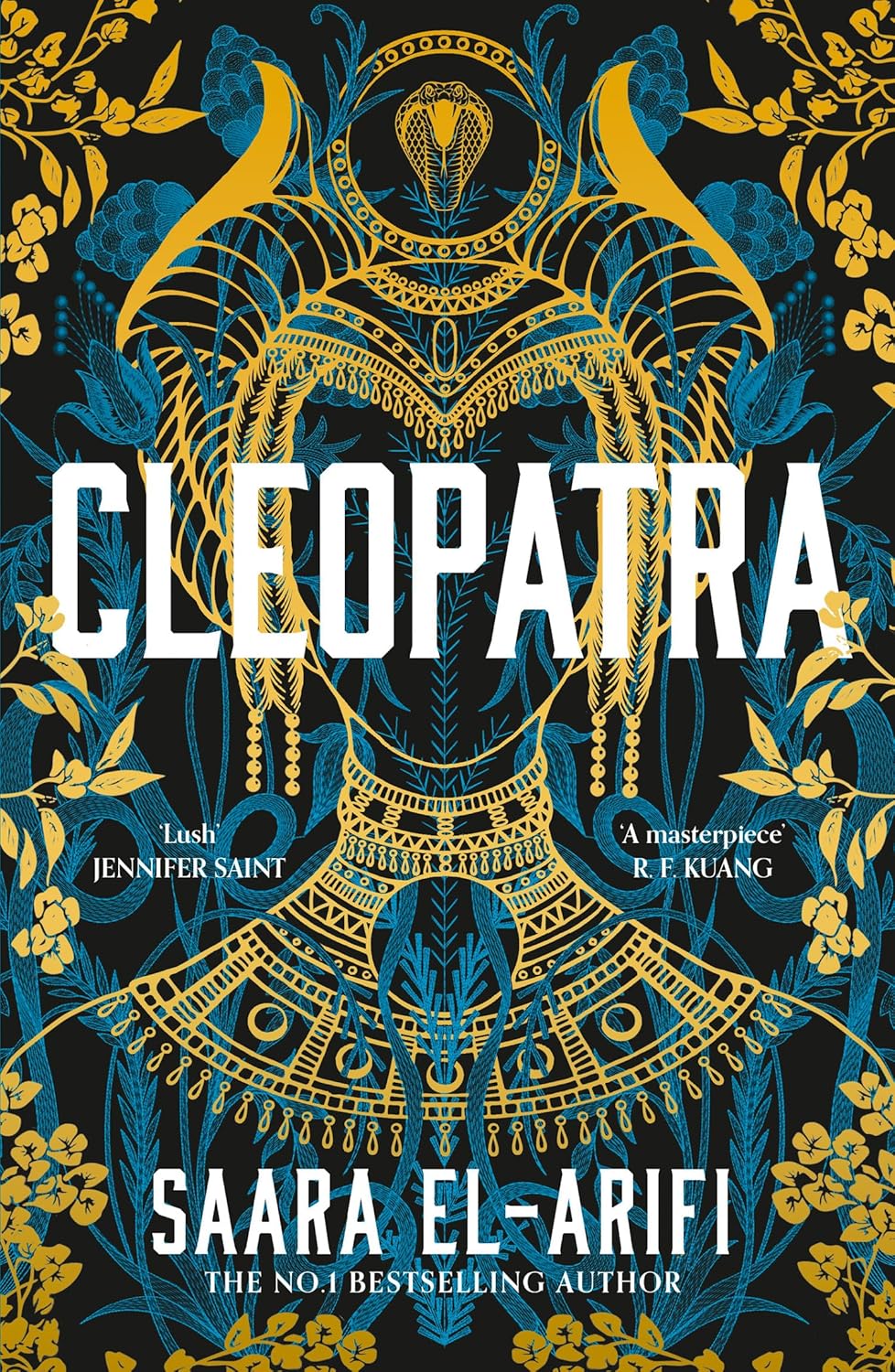Book Review: Post Captain
Feb. 26th, 2026 08:04 amI had just settled in for a reverse Austen novel, told from the point of view of the naval captain rather than his young lady, when Jack’s prize agent absconds with all his money. Jack, eleven thousand pounds in debt, flees to the continent with Stephen in tow - just in time for war to begin again!
This is all in the space of about four chapters. At this point I concluded I had better not settle in for anything at all, as we were clearly in for an ever-shifting picaresque novel.
In this book:
Stephen disguises Jack as a bear so they can flee from hostile France to still-neutral Spain.
Jack is subsequently so ill that Stephen has to nurse him back to health, which takes place entirely off page, because O’Brian could not care less about hurt/comfort.
Other things O’Brian can’t care less about? Spy plots. Stephen has become a hotshot spy for British intelligence and spends months in Spain gathering intelligence, which entire trip O’Brian disposes of in three paragraphs.
However, Stephen’s spy shenanigans allow O’Brian to skip the entire sequence during which Jack gets not-engaged with a girl whose mother won’t let her enter an engagement with a man who is eleven thousand pounds in debt, but emotionally they’re basically engaged.
So if O’Brian has cheerfully skated over hurt/comfort, spying, and romance, what IS he writing about?
Well, at one point Stephen declares that he has “a horror of appearing eccentric,” and asks worriedly whether it would make him look weird to practice swordplay on deck. (It will not, the captain of the marines assures him.)
(A few chapters later Stephen, the man who has a horror of appearing eccentric, shows up on Jack’s new ship wearing a wool onesie and carrying a glass hive of bees. The bees promptly invade the morning cocoa.)
Stephen and Jack almost have a duel but then it just kind of fizzles. They seem to have simply forgotten about the duel without, at any point, formally deciding not to duel.
The debt collectors catch up with Jack but fortunately he’s out with a bunch of officers from his ship so they turn the tables on the debt collectors and impress at least two of them into the navy. Ha-HA, take that debt collectors!
Oh, and obviously we DO finally have a sea battle at the end. We may not need spying or hurt-comfort but we MUST have a sea battle.






